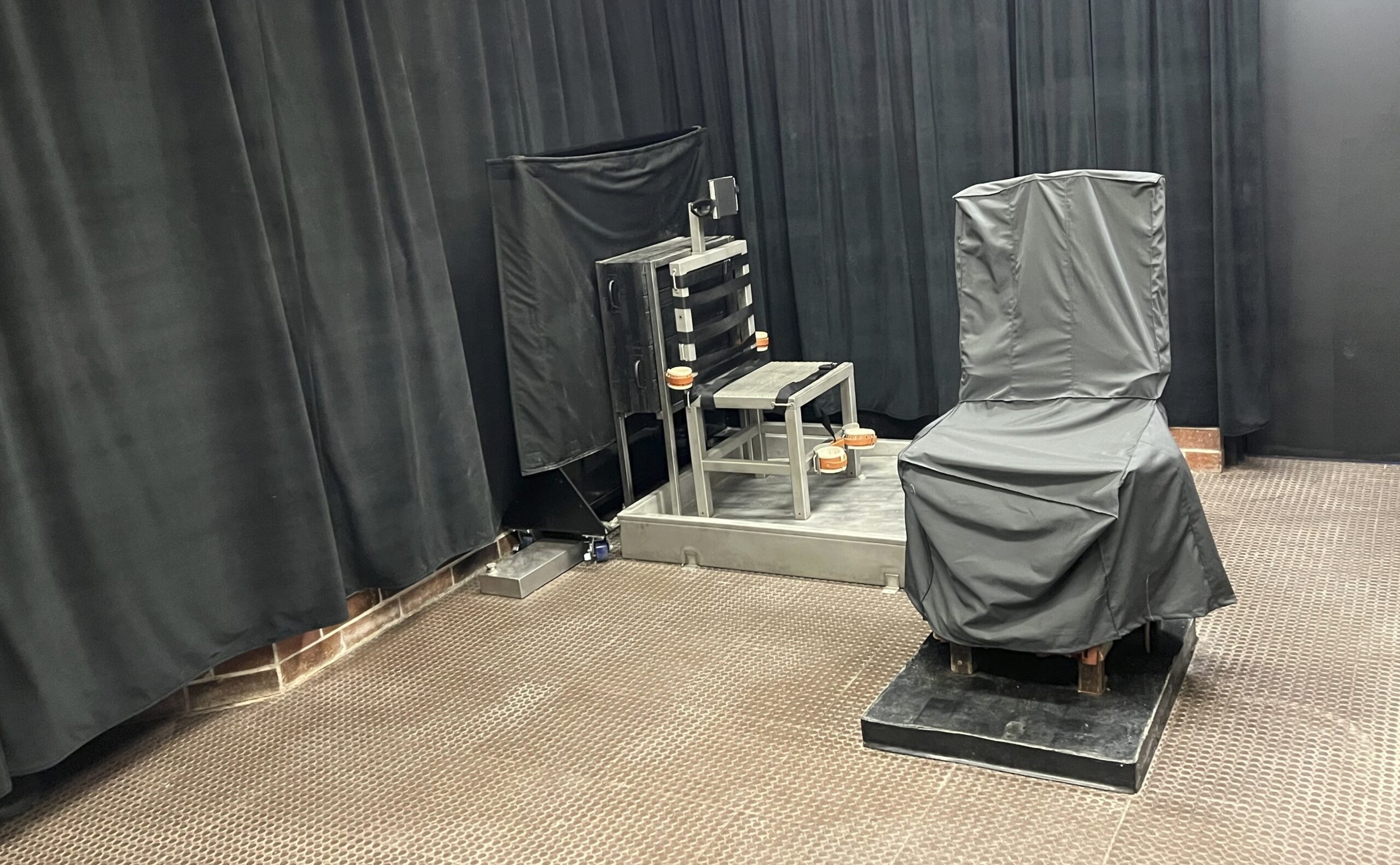First U.S. Execution by Firing Squad in 15 Years Set for Friday in South Carolina
Brad Sigmon, convicted of double murder, will be executed by firing squad, a method last used in the U.S. in 2010, raising ethical concerns.
Overview
Brad Sigmon, 67, is set to become the first person executed by firing squad in the U.S. since 2010 on Friday. Convicted of a double murder in 2001, he opted for this method after expressing fears about lethal injection and the electric chair. This execution highlights ongoing debates about capital punishment methods amid concerns over their humanity and effectiveness. Sigmon's attorneys have contended that the lack of transparent information about lethal injections has compounded their client’s predicament, leading him to favor the firing squad. South Carolina's controversial decision comes as the state continues to navigate execution complications.
Report issue

Read both sides in 5 minutes each day
Analysis
- Brad Sigmon, convicted of double murder, has chosen to be executed by firing squad due to concerns over the effectiveness and potential pain associated with lethal injection and the electric chair.
- His execution follows a lack of transparency in the lethal injection process in South Carolina, leading to criticism and legal challenges regarding the secrecy surrounding execution procedures.
- Firing squad executions, while considered barbaric by some, may offer a swift and less painful alternative compared to other methods, raising ongoing debates about the morality and efficacy of capital punishment.
Articles (3)
Center (1)
FAQ
Brad Sigmon chose the firing squad due to concerns about the state's lethal injection protocol and the potential for a prolonged or torturous death. He was also fearful of the electric chair, which could cause burning and mutilation.
Ethical concerns include the perceived brutality and inhumanity of the method, as well as the lack of transparency in execution protocols, which can lead to difficult choices for inmates.
South Carolina's 'shield law' prevents the state from disclosing specific details about execution drugs and protocols, limiting transparency and making it difficult for inmates to make informed decisions about their method of execution.
The South Carolina Supreme Court ruled in 2024 that firing squads, along with lethal injection and electrocution, are not considered cruel and unusual punishment because inmates can choose their method of execution.
History
- This story does not have any previous versions.


